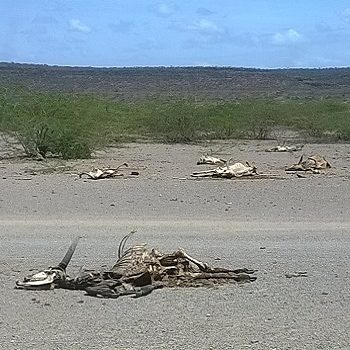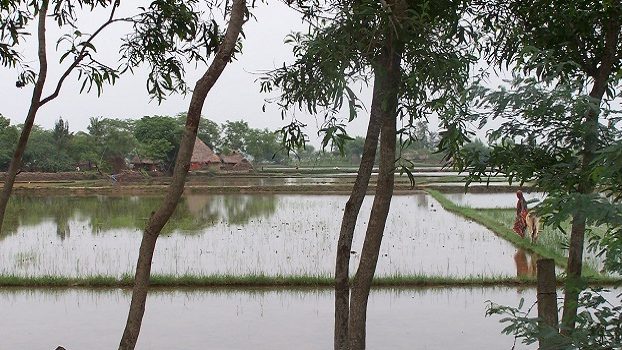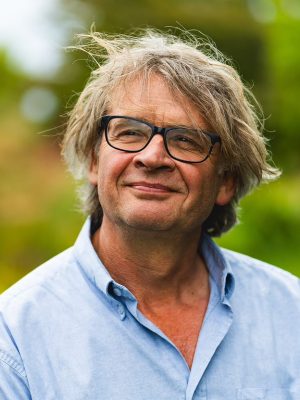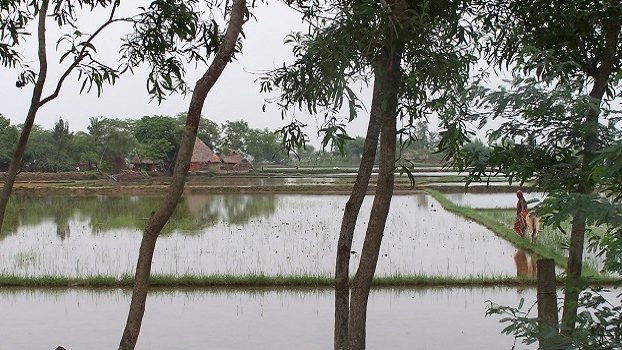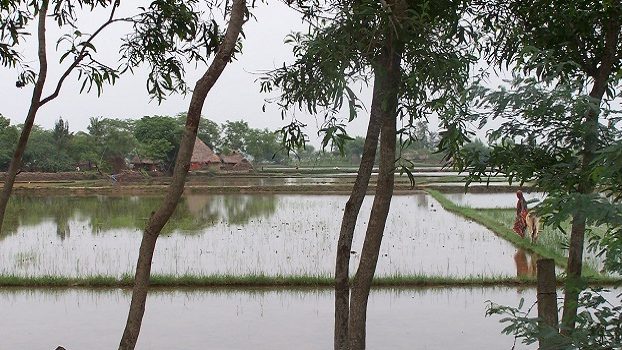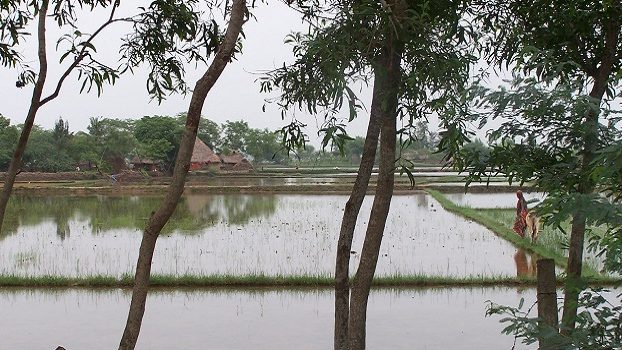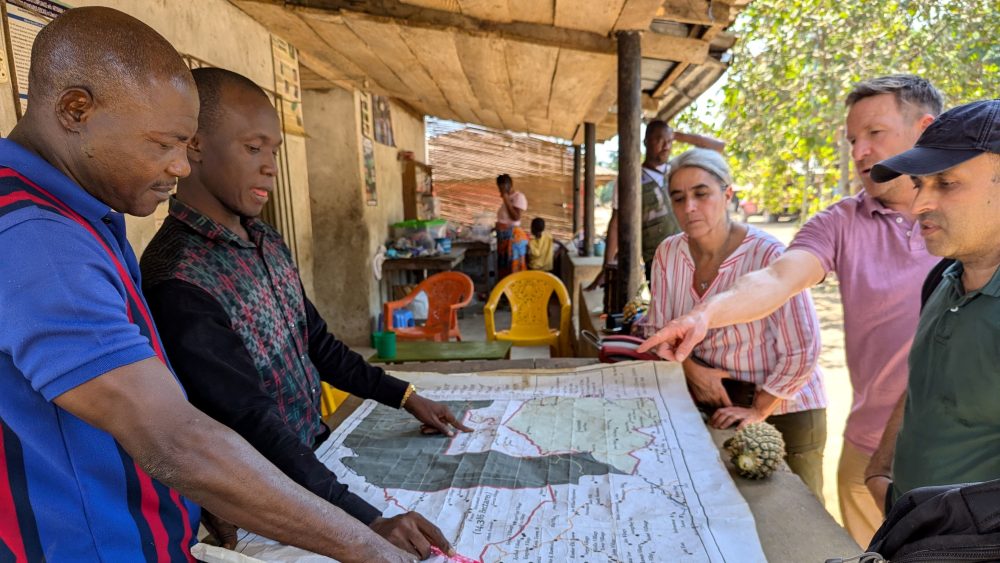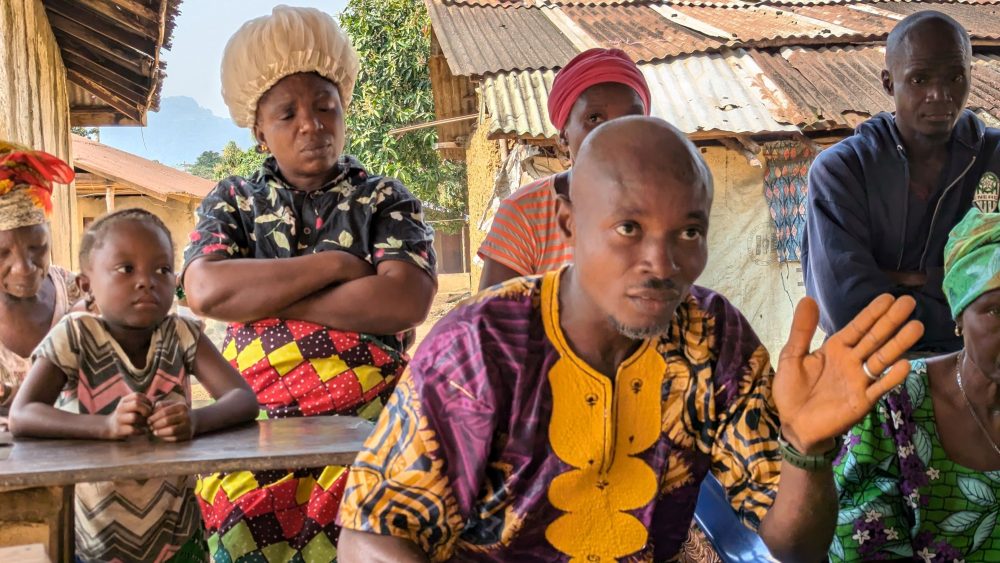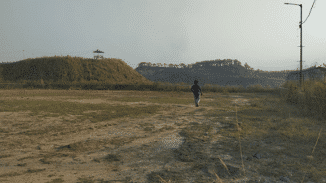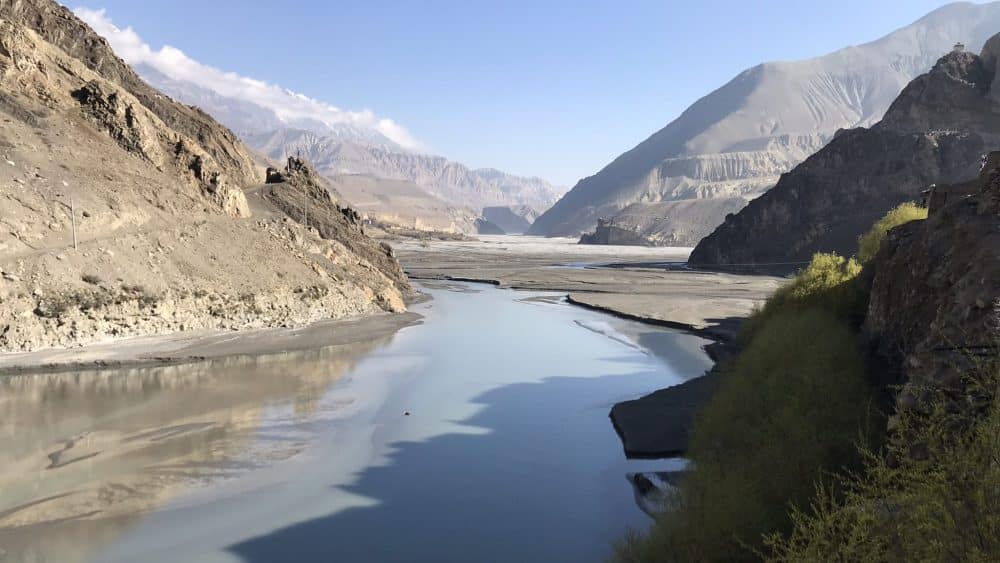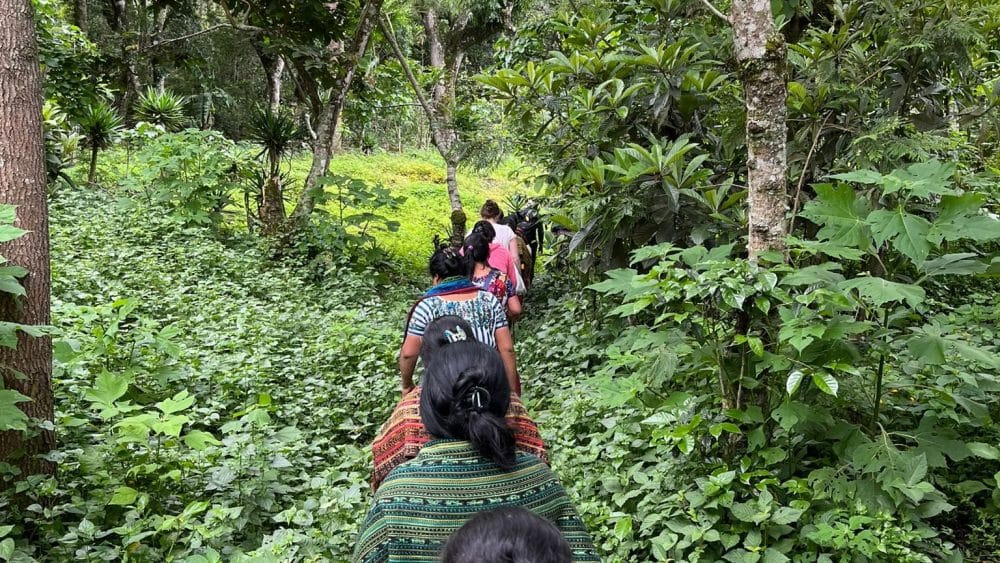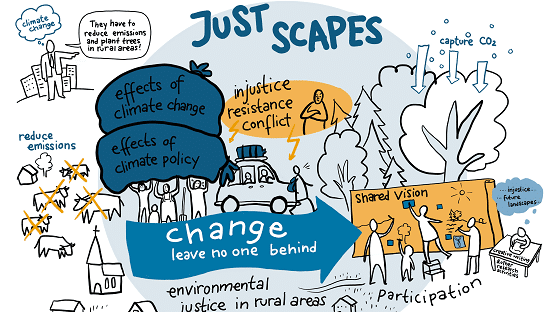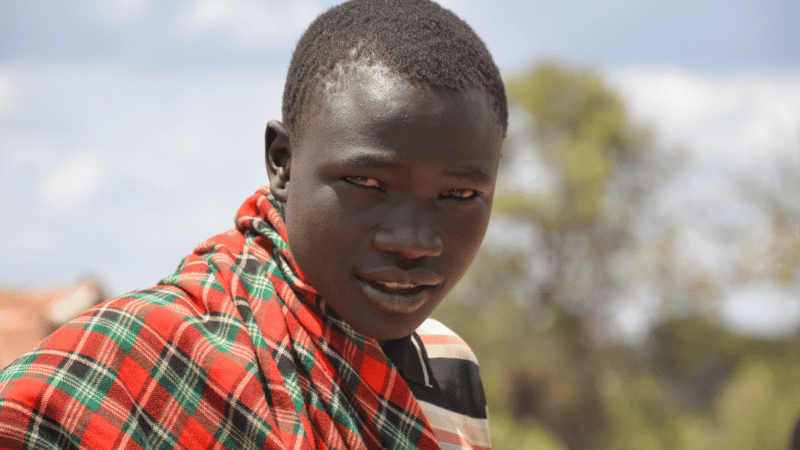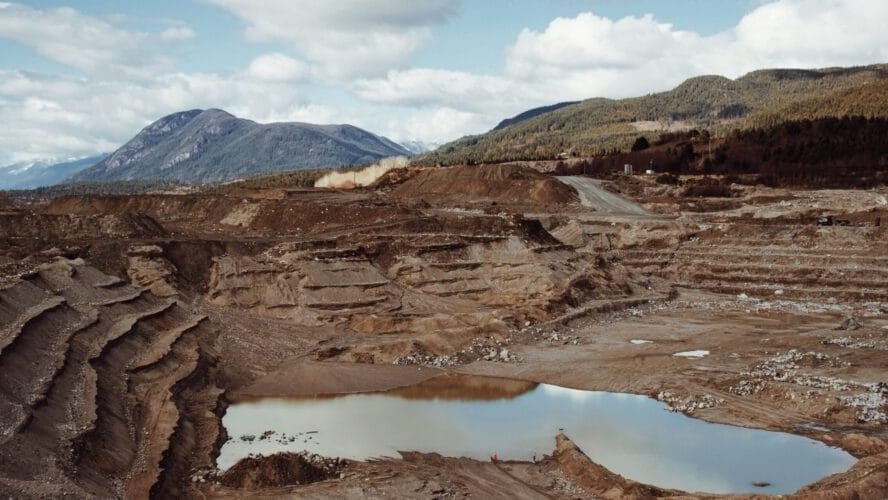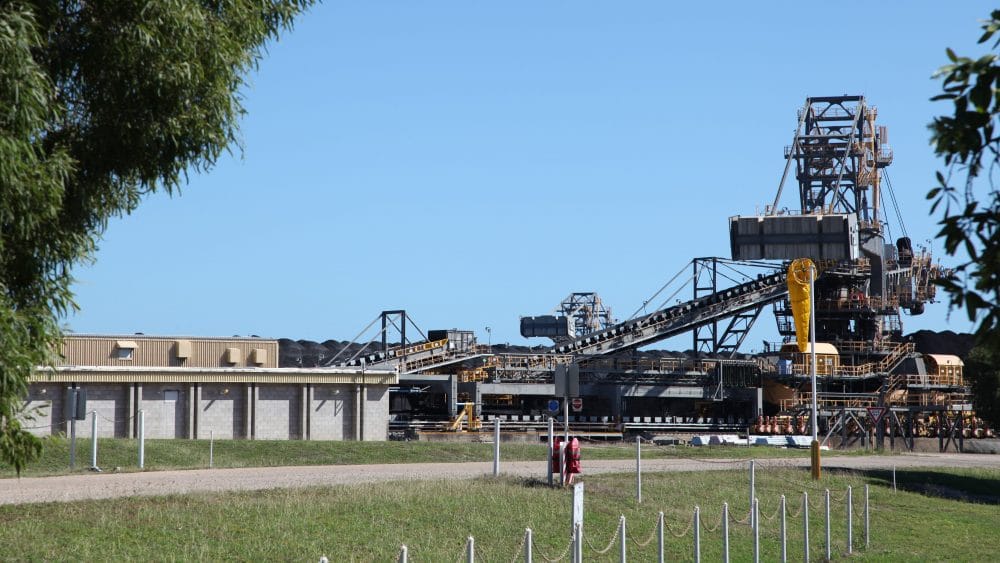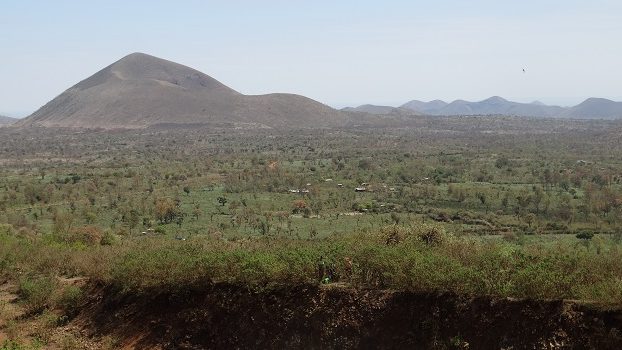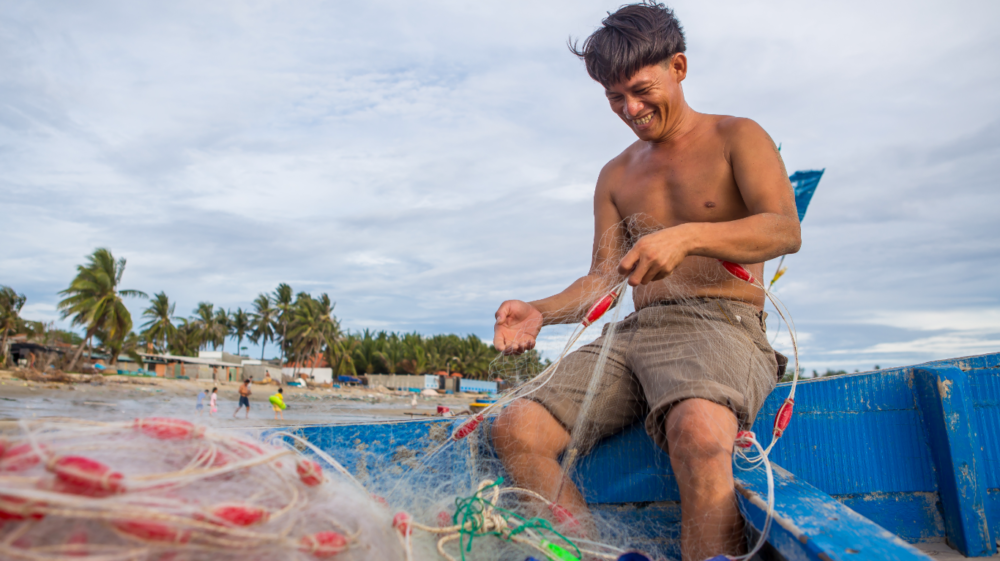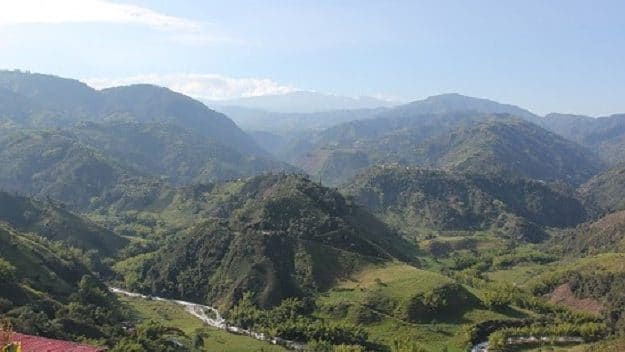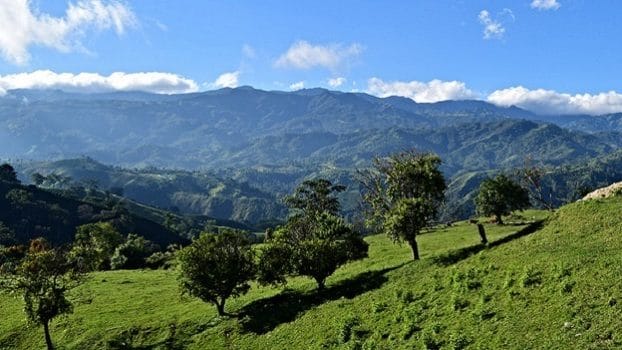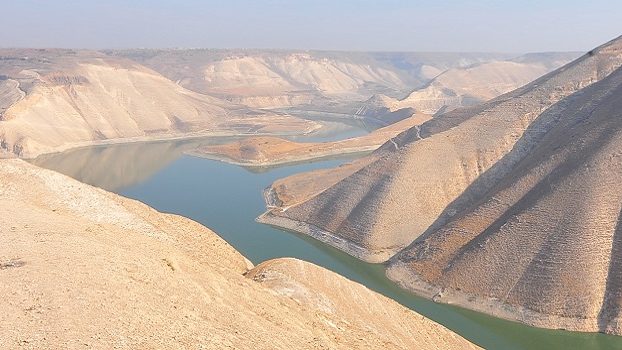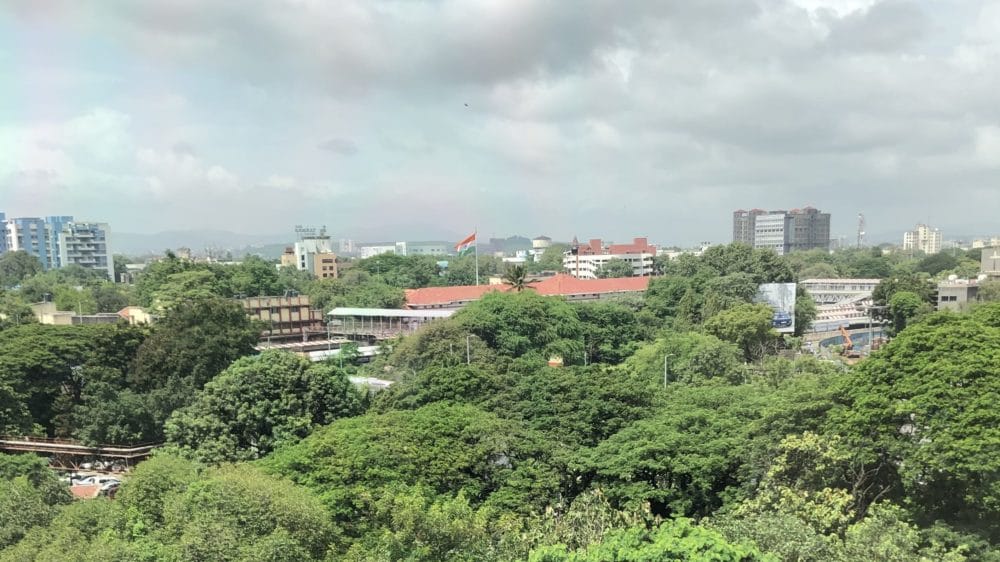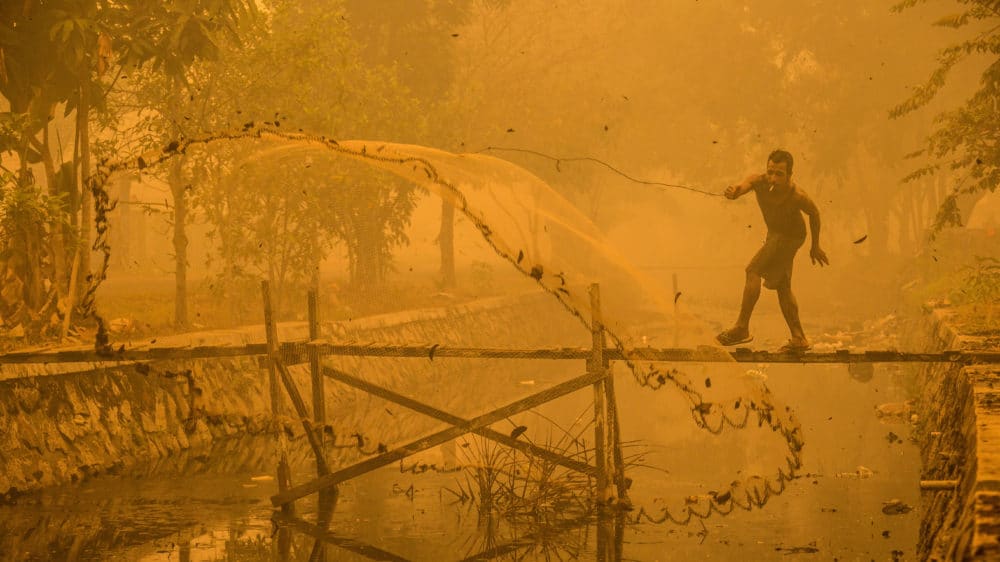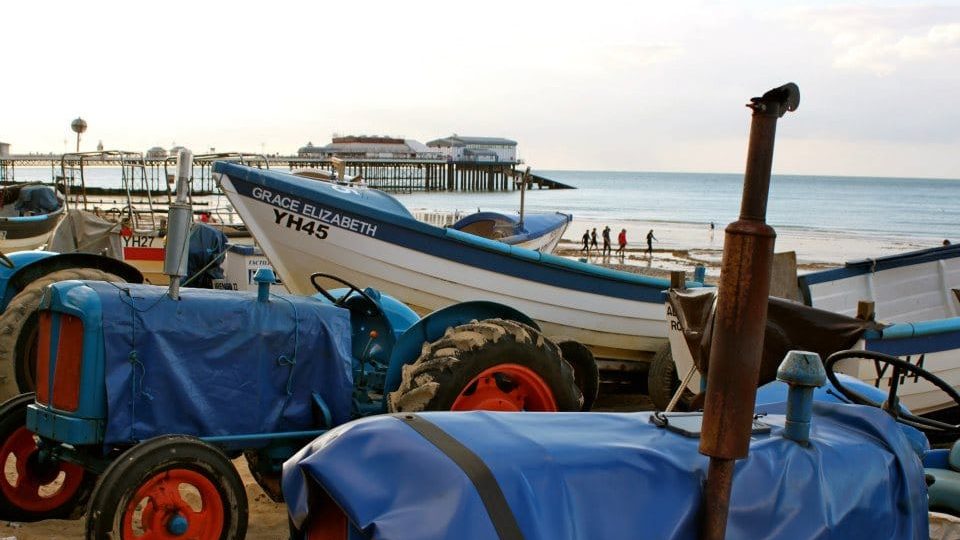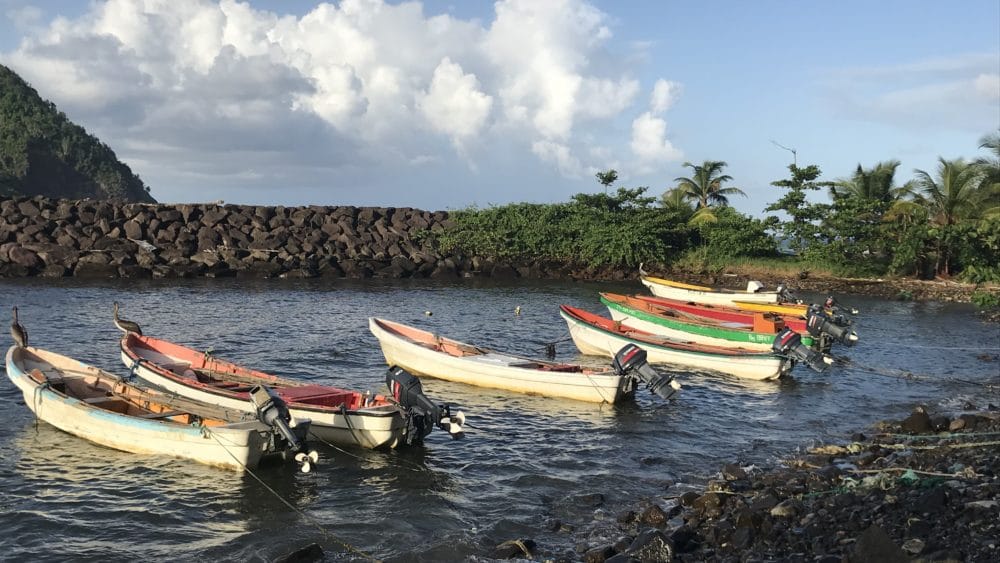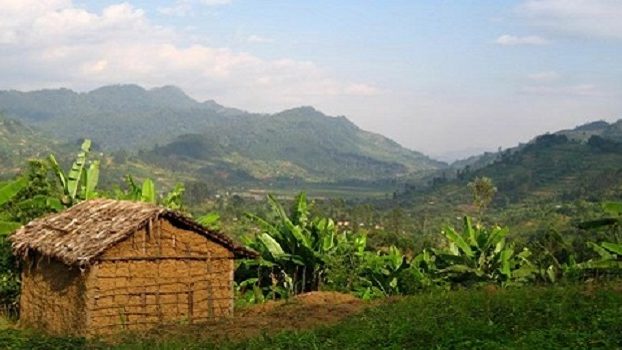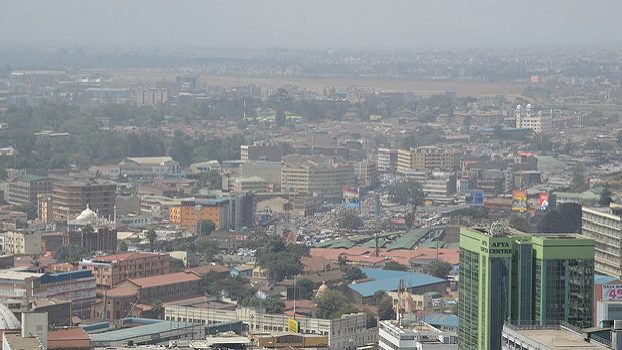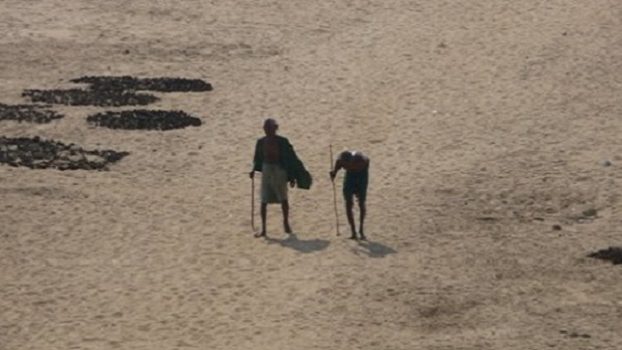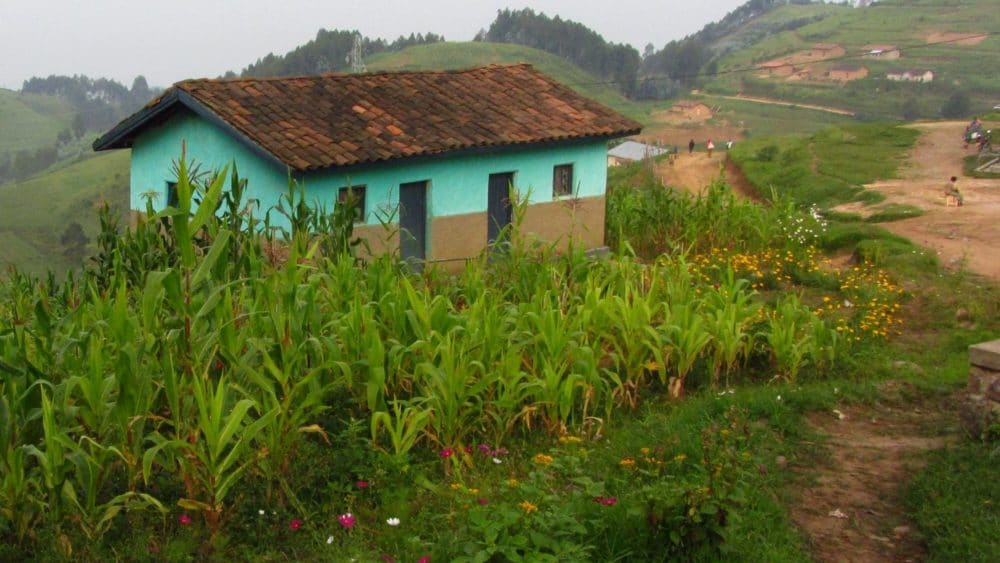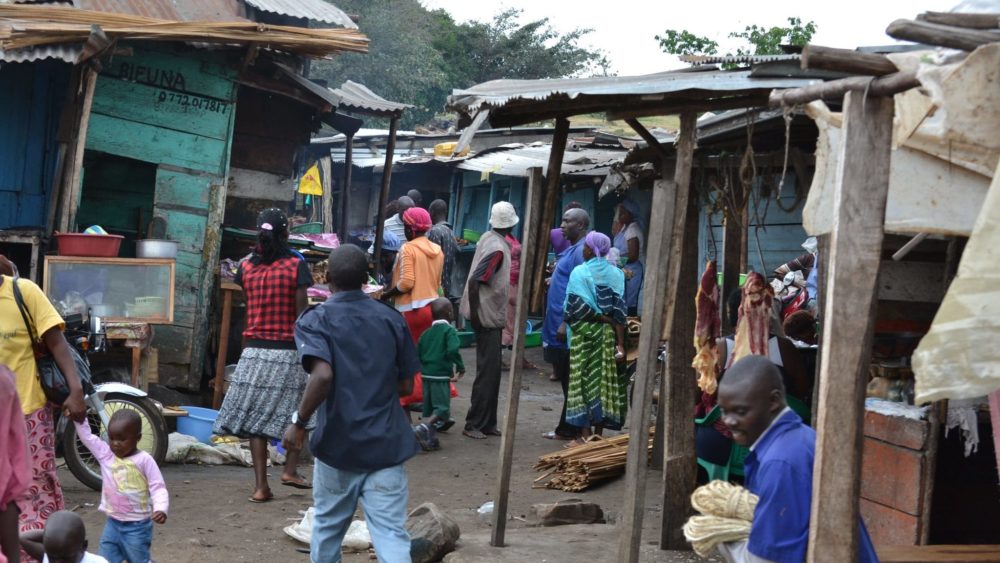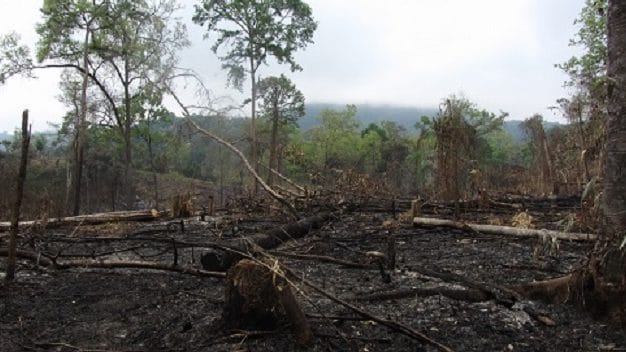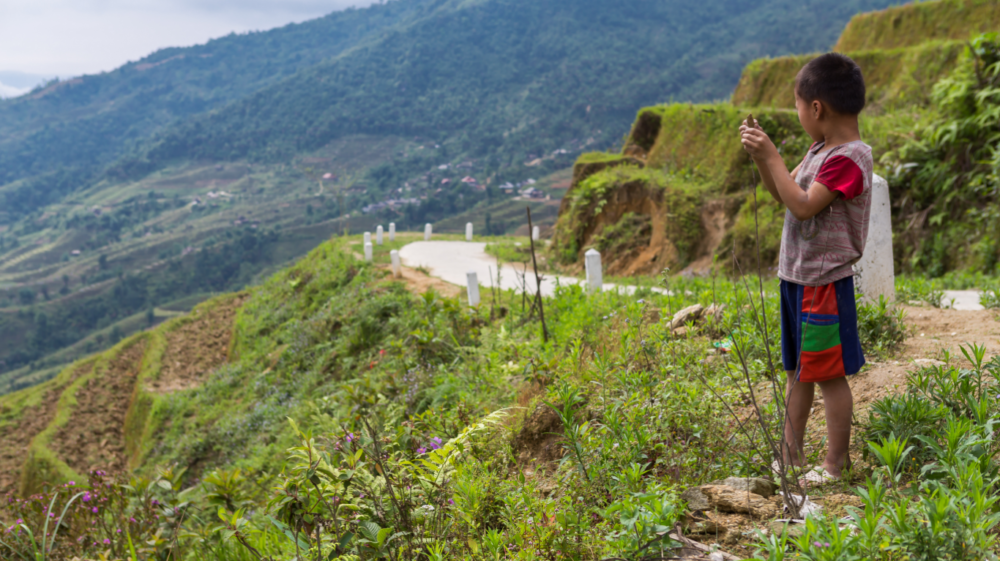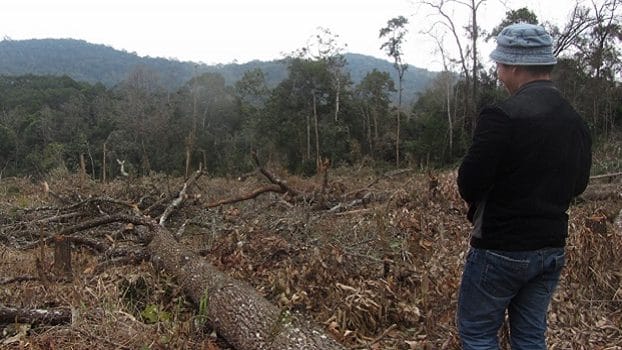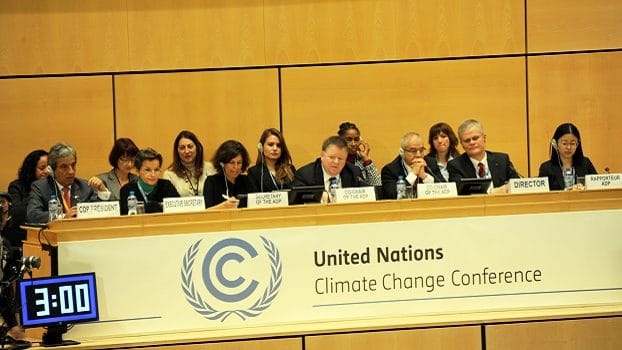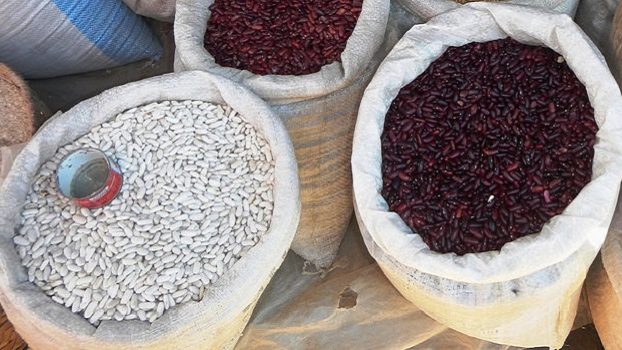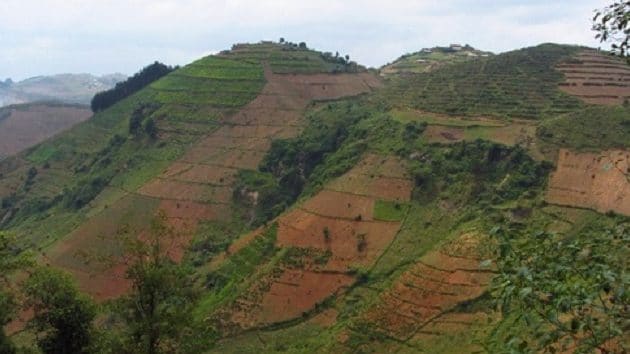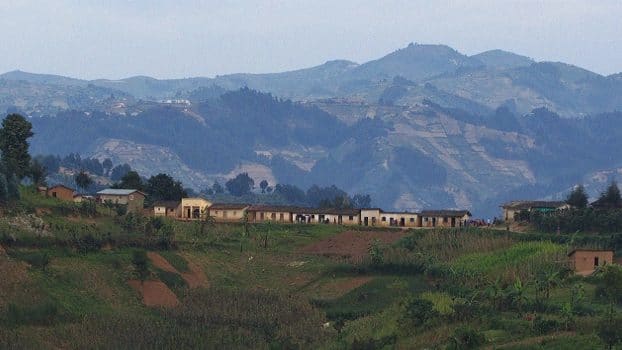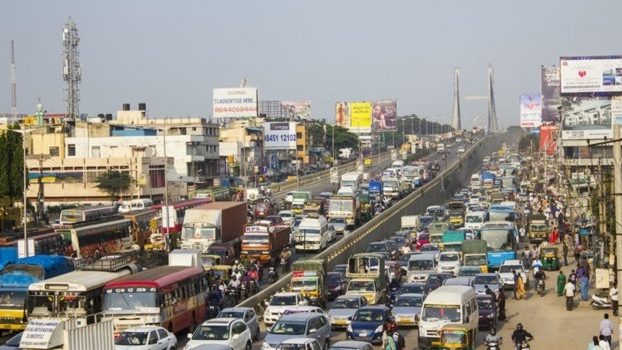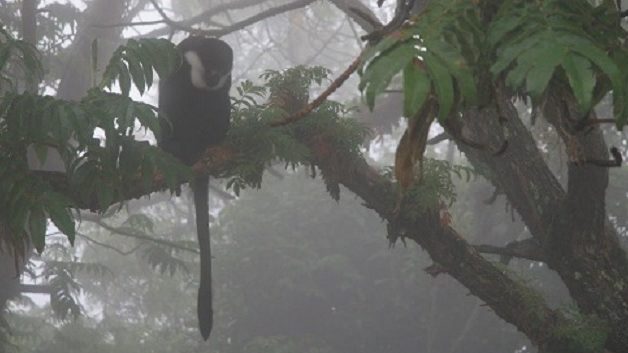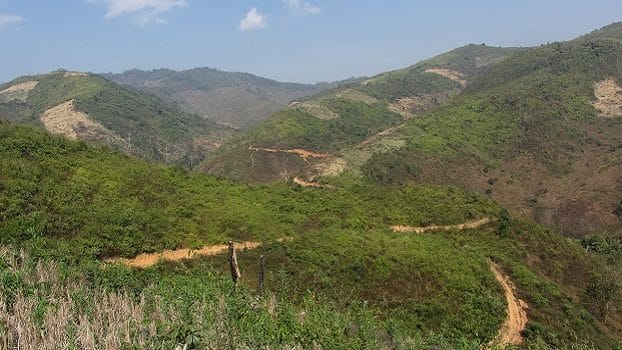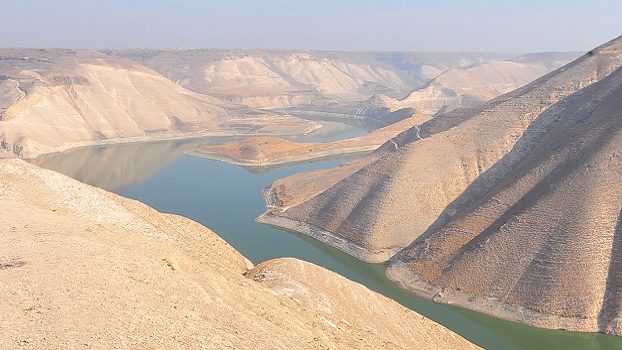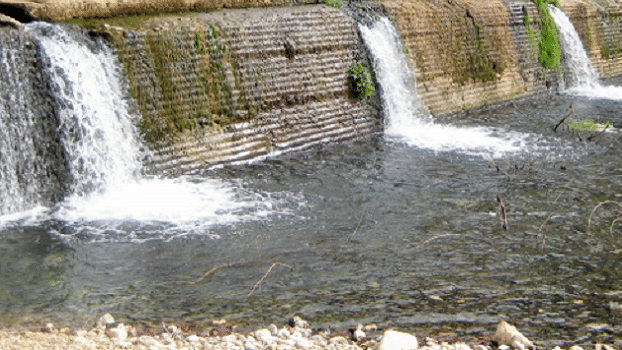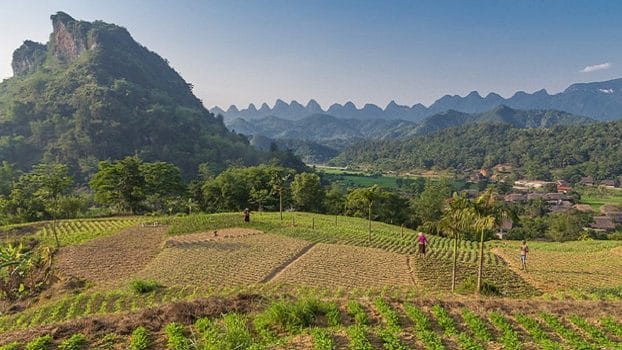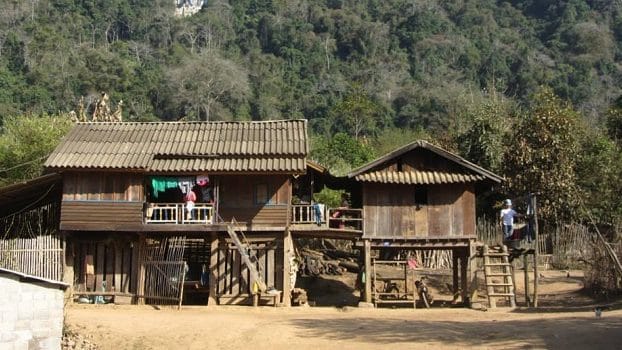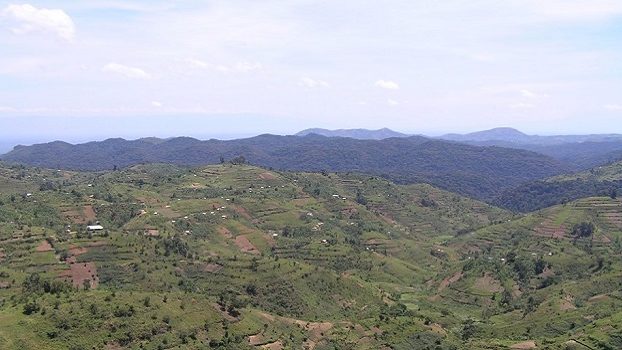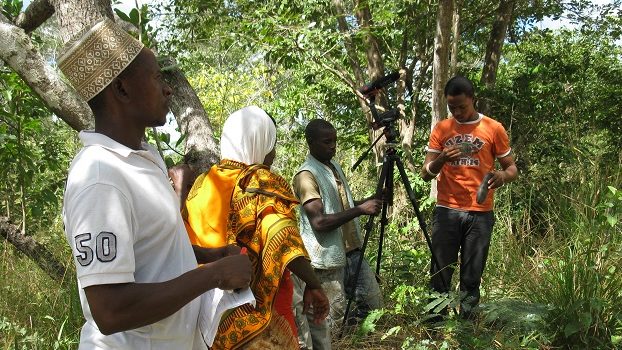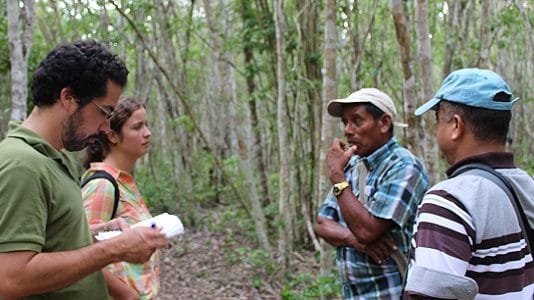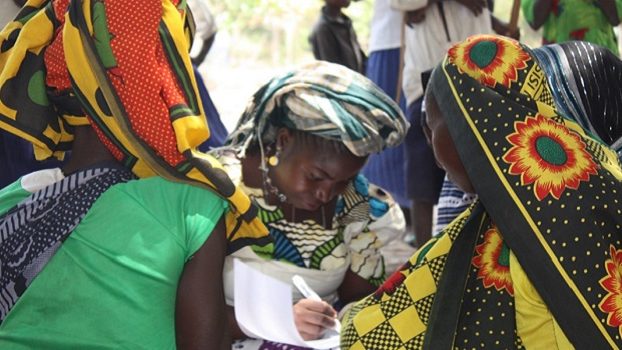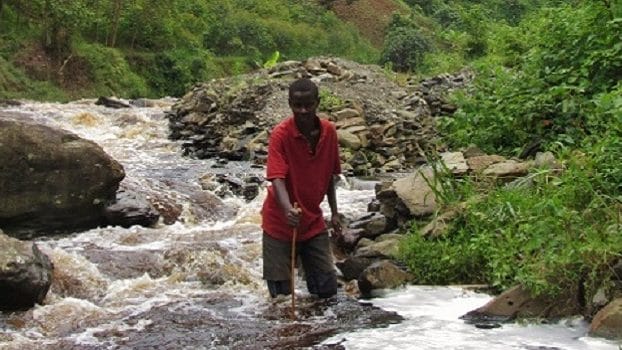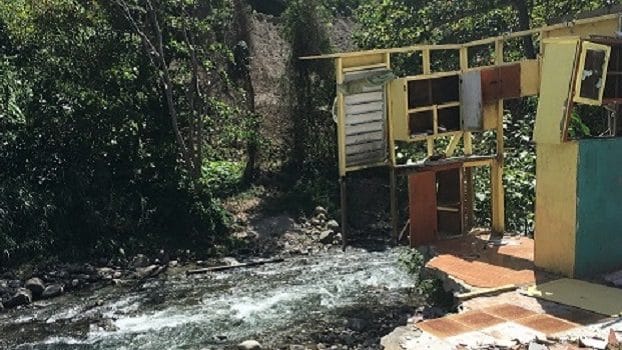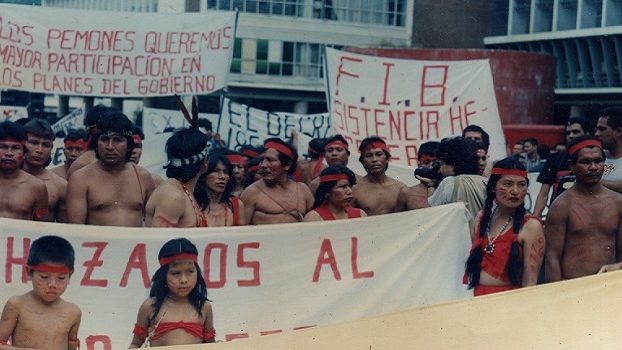Insufficient research attention is paid within the sciences, humanities and social sciences to the period following major emergencies or crisis ‘events’ associated with natural hazards, epidemics, technological hazards and armed conflicts. These are crucial phases for development, with deep implications for environmental and social justice, especially for the poor, marginalised and most vulnerable – whether or not they were directly exposed to harm during the event itself.
What happens when an immediate crisis event is over and the cameras turn away? What are the long-term material and on-material impacts, and how do responses continue to unfold over time? How do we define/delimit crisis periods, and how do major events interact with recurrent and secondary threats? How do ideas of recovery emerge during prolonged crises? How can the conditions that generate crises be tackled during the ‘recovery’ period, i.e. how can the reproduction of risk be avoided? How is all this conveyed and understood, and what are the implications of changes during this dynamic period for both the generation of risk and broader development goals?
These pages present a number of initiatives led by GEJ group members to drive forward and strengthen the international base for research and engagement on recovery from disasters and related crisis events that threaten people’s lives, livelihoods and wellbeing.
In the British Academy research briefing COVID-19 Crisis: Lessons for Recovery, GEJ group members have also drawn on lessons from previous research work to question and inform approaches to pandemic recovery.
Recovery with Dignity
Key Contact: Roger Few
Project Dates: 2018-2021
Project Status: complete
Funder: British Academy for Social Sciences and Humanities
This project, funded under the British Academy’s GCRF Sustainable Development Programme, generates applied knowledge on experiences of recovery in post-disaster settings within India using historical research and creative, participatory methodologies drawn from the humanities and social sciences. The hypothesis of the research is that recovery processes that recognise and respect the dignity of socially-differentiated populations will result in more sustainable responses, minimising ongoing trauma.
At the heart of the project is a focus on recognising and respecting the dignity of affected populations. In the initial rush to respond to disaster events, the rights, voices and ways in which affected populations are represented can homogenise and undermine rather than support their dignity, prolonging the experience of trauma and, ultimately the time it takes to recover. Longer-term responses to disaster events then have a tendency to view the recovery process through technocratic and managerial fixes, downplaying the more human-focused aspects (e.g. the psychosocial elements) and ignoring the individual and socially-differentiated ways in which disaster and recovery are experienced.
Focusing initially on experiences of major disaster events in Odisha (1999 and 2013) and Tamil Nadu (2004 and 2015), the project uses archival research, narrative analysis and interview techniques to understand existing framings of recovery. In its second phase the project then applies this knowledge to challenge representations and strengthen the voices of disaster-affected groups in the contemporary post-disaster context of Kerala (which experienced severe flash floods and landslides in 2018 and 2019). Coproduced elements of the research, including a travelling exhibition curated by disaster survivors, place affected populations at its heart. Impact is built into the fabric of the project through the integration of research with engagement and dissemination activities.
The central objectives are to:
1. Advance understanding on how, by whom and for what purposes events, processes and experiences of recovery have been framed and communicated in the post-disaster phase;
2. Use this critical understanding to highlight how the dignity, voices, rights and needs of disaster-affected people might be better supported over the long term;
3. Work directly with communities in India experiencing the aftermath of recent disasters to help strengthen people’s voice in shaping the paths of memorialisation and rehabilitation.
Moving With Risk
Key Contact: Roger Few and Teresa Armijos Burneo
Project Dates: 2016 – 2019
Project Status: complete
Funder: ESRC, Arts & Humanities Research Council
The project focuses on a critical but under-researched theme in studies of forced displacement: the processes through which people forced from their homes by conflict can commonly become exposed to heightened risk from environmental hazards in the places where they resettle. Effectively, such people exchange one form of catastrophic risk for another, often with little real choice in the process. The collaborative project focuses on Colombia, where five decades of conflict have generated one of the world’s largest populations of internally displaced people. Colombia is also one of the countries most prone to natural hazards including landslides, floods, earthquakes and volcanic hazards. The project aims to deepen understanding of how and why the transition to new risk occurs, analyse how people perceive and respond to risk in their places of resettlement, and strengthen the capacity of both themselves and the agencies responsible for supporting them to manage the implications on their lives, livelihoods and wellbeing. The work with marginalised people, struggling to rebuild their lives in hazardous settings, often with limited resources, will have strong resonance for developing countries across the world where two forms of risk – conflict and disaster – commonly interact. Moreover, the signing in June 2016 of a ceasefire agreement in Colombia creates a window of opportunity that makes work to assist organisations to support the long-term wellbeing of conflict-displaced people particularly timely.
The research and engagement centres on four case studies, working with people displaced by conflict in urban and rural settings within the Departments of Caldas and Risaralda in west-central Colombia, and on the outskirts of Bogota in Cundinamarca. To understand how men and women experience forced displacement and relocation into areas prone to natural hazards in Colombia, and to explore innovative ways through which they could be incorporated into local processes of disaster risk reduction, this project uses an innovative combination of qualitative methods. Social science methods of interviews and life histories are merged with exploration of creative arts with study participants. The idea is that focusing on artistic expression, especially popular music which plays a special communicative role in Colombia, provides a window for us to build relations of trust and reach a deeper and richer understanding of the diversity of their experiences, vulnerabilities, perceptions and responses.
But this programme is not solely about research. A key objective of the project is to build capacity, not only amongst displaced people but also within the organisations responsible for supporting them and managing risk. Through a series of workshops in which musical and other forms of artistic expression are promoted, we facilitate use of creative arts to help people recognise their rights and develop their own capacities to reduce risk. Also present at these workshops are key partners in the risk management organisations, who benefit from the opportunity to explore new ways of working with marginalised displaced people. The idea is that this will encourage organisations that have struggled to include these communities in risk management systems to view them less as victims and beneficiaries, and more as active partners in reducing disaster risk. We are promoting this new way of working beyond the case study areas to the national scale of disaster risk governance and support for displaced people.
Watch the Moving With Risk methodology video here.
Project Director
School of International Development (DEV), University of East Anglia
Research Partners
- School of Environmental Sciences (ENV), University of East Anglia
- School of Politics, Philosophy, Language and Communication Studies (PPL), University of East Anglia
- Department of Social Psychology, Universidad de Manizales, Colombia
- Taller de Vida, Colombia
- Unidad Nacional de Gestión de Riesgos de Desastres (National Unit for Disaster Risk Reduction – UNGRD), Colombia
- Cruz Roja Colombiana (Colombia Red Cross)
After Shock – Research Network
Key Contact: Roger Few
Project Dates: July 2018 – ongoing
Project Status: open
Funder: University of East Anglia (UEA)
In July 2018 UEA hosted a 3-day workshop event at UEA during July 2018 entitled ‘After Shock: recurrence and representation’. The workshop format was convened to bring together researchers and stakeholders engaged in research and practice on disaster recovery themes, principally from the UK but also with participants [link to participant list pending] based in the Caribbean region, Colombia, Ghana, Uganda, Zambia, India and Nepal. The idea was to provide a forum to galvanise research and research-for-impact on what we consider to be the most neglected aspect of disaster risk reduction: long-term recovery.
The workshop was designed to enable participants to air and discuss ideas, identify priorities and develop funding plans. Discussions were wide-ranging but focused especially on the themes of: ‘recurrence’ – how to understand and work with continuing risk following major events (including ongoing hazards and secondary threats); and ‘representation’ – how crisis events, their aftermath and the ongoing material and psychosocial needs of those affected are represented within society.
The network and its activities will continue to be developed further through discussion forums, outputs and joint funding initiatives.
Current network members from:
– University of East Anglia
– Water Aid
– University of Bristol
– British Geological Society
– Oxfam GB
– University of Ghana
– University of Manizales (Colombia)
– University of the West Indies
– London School of Hygiene and Tropical Medicine
– Overseas Development Institute
– University of Zambia
– Nepal Centre for Contemporary Research (NCCR)

